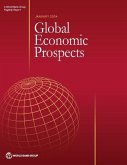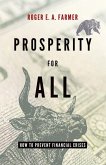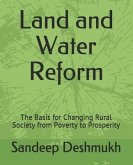Financial-sector risks in EMDEs are greatest for lower-income countries. Most EMDE banks appear relatively sound and resilient, but pockets of weakness exist. Vulnerable countries should take urgent steps to remedy critical policy and institutional gaps to improve the resilience of their financial sectors. Financial inclusion for individuals and efforts to green the financial sector have- advanced, but progress has been slower for other financial development priorities: EMDE banks have substantially increased holdings of government debt over the past decade, which can pose risks when exposures are large. Regulatory standards do not account for the tail risk of a government debt default. EMDE banking authorities should foster more prudent risk taking and strengthen financial sector resilience. EMDEs face higher climate-related financial sector risks and larger climate financing gaps than advanced economies. These challenges are amplified in countries that already face high financial risks. As such, banking authorities are adopting novel approaches to manage climate-related financial risks and enable climate finance.
Bitte wählen Sie Ihr Anliegen aus.
Rechnungen
Retourenschein anfordern
Bestellstatus
Storno





![Home Market and Farm [microform]: How the Agricultural and Industrial Prosperity of Canada Depend on Each Other, and Will Be Hurt by Reciprocity With Home Market and Farm [microform]: How the Agricultural and Industrial Prosperity of Canada Depend on Each Other, and Will Be Hurt by Reciprocity With](https://bilder.buecher.de/produkte/66/66167/66167154m.jpg)


